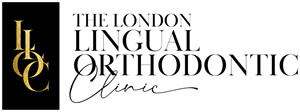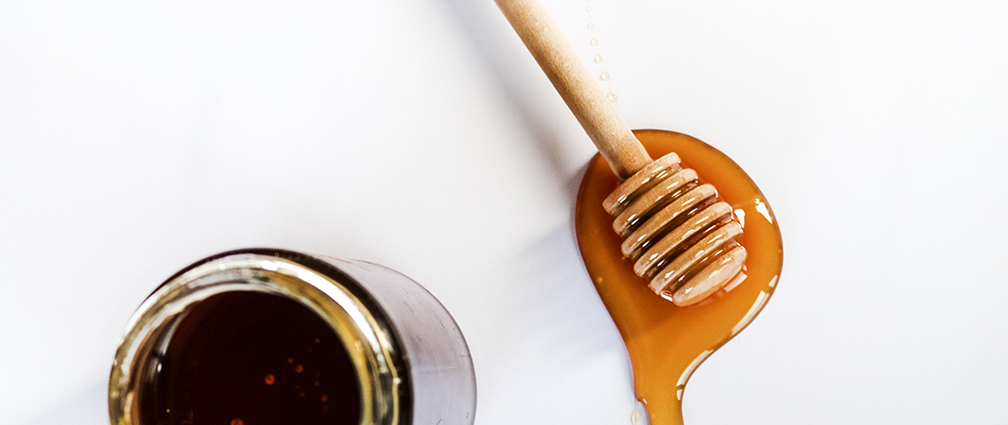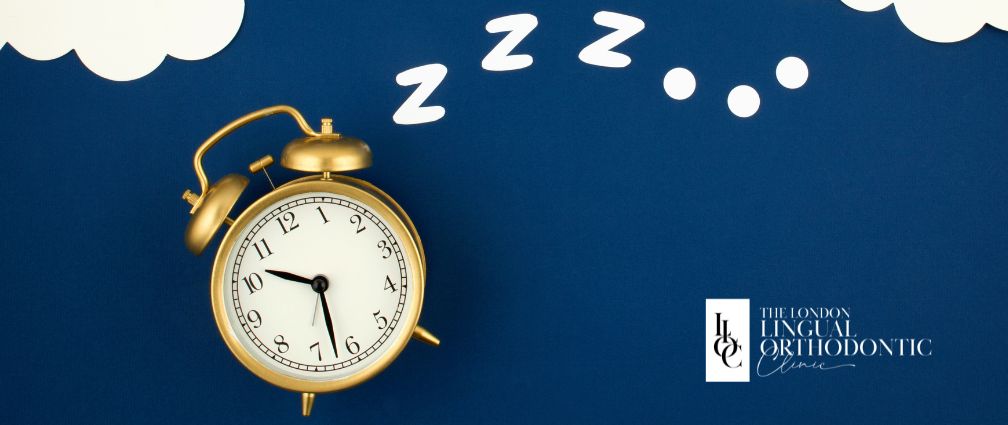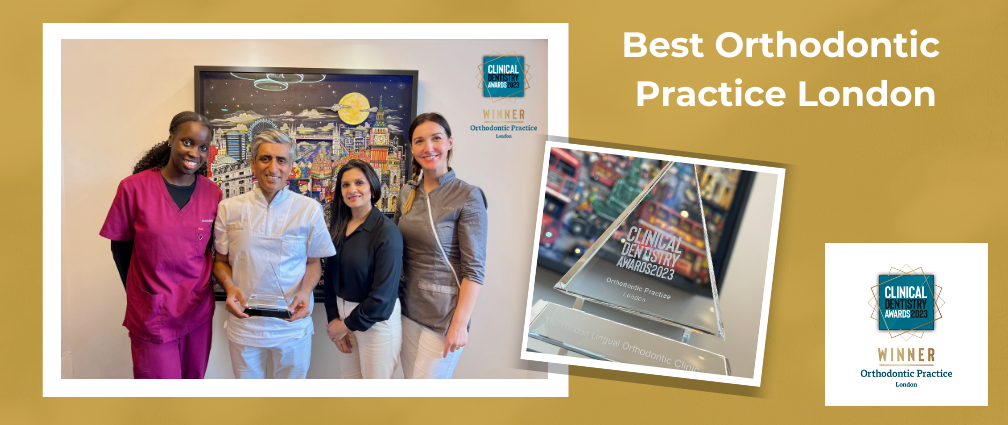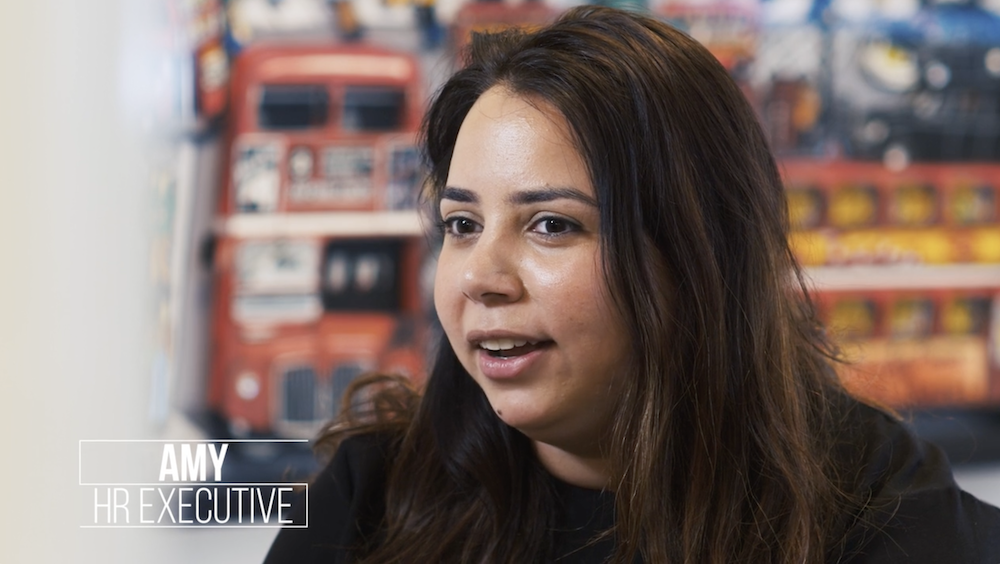Free sugars sound appealing, don’t they? We’re going to explain why they’re more harmful for you than sugars that are locked into foods.
Earlier this month, a UK dentist sparked a brief and entertaining dialogue on Twitter about sugar and it got us thinking about why it is still difficult for people to understand why and when sugar is bad for us. A drinks manufacturer had suggested its company’s new product, aimed at children, was providing pure and natural sugar. This is what was said: “We have found a way of using the sugar found naturally in milk, which means we don’t have to add extra sugar or sweetener to make this taste delicious.”
It sounds great, doesn’t it? However, the dentist pointed out that the manufacturer was breaking down lactose to turn it into glucose and galactose, which are processed sugars, making that one drink contain above the daily recommended allowance of sugar for a child. You won’t be surprised to know that the Twitter conversation ended abruptly!
Sugar, health and your teeth
Anyone working in healthcare advises against the over consumption of sugar. Excess sugar is generally bad for health, potentially leading to obesity, which is linked with heart disease, Type 2 diabetes and cancer. Meanwhile, dentists are most likely to stress the harm caused to teeth, as frequent snacking of sweet foods causes tooth decay and once a tooth has been filled, there is no turning back.
When you start out in braces, you need to be mindful about eating healthily because your teeth are harder to clean. But it can be difficult to tell what is and isn’t healthy, as that Twitter exchange demonstrated that some advice out there is misleading. This was a classic example of product marketing to cleverly disguise the processing which takes place to make products sweeter and possibly more addictive. Unless you have conducted an in-depth study of nutrition, it’s difficult for most people to distinguish between the different kinds of sugars.
A brief guide to sugars
In essence, sugar in whole fruits and other natural products is much better for you than free sugars, which are added in or created through the processing of food and drink. Fruit and vegetables, milk, grains, nuts and seeds all have naturally occurring sugar, which is a carbohydrate and an essential food. By contrast, when sugar is added to food, including honey, syrups and nectar, and you are consuming lots of these products, it quickly becomes detrimental to health.
It’s wise to check labels as you may find that a product has several different sugars in it but with different names – like corn syrup, galactose, maltodextrin or saccharose.
Building awareness
In recent years, a great job has been done in raising awareness of the detrimental impact sugar has on health. A recent poll by YouGov showed that more than half of us approve of the taxes on unhealthy food and drink. The sugar tax was introduced little more than a year ago, with high sugar content drinks now costing the consumer more. Additionally, the sugar content of some drinks has come down so retailers can avoid the levy, which is also good news.
Our advice is to limit sugar, especially free sugars in processed products like cakes and biscuits. When you do eat sugar, ideally choose whole fruit and try and stick to mealtimes rather than excess snacking.
If you are trying to limit your family’s sugar intake, you should aim to do the following:
- Check out the excellent Sugar Swaps campaign launched by Public Health England
- Consult the NHS website for more information about sugar
- As an adult, limit your consumption of sugar to 30g a day
- Try to avoid or limit your consumption of processed food, where possible
- Remember sugar comes in many different guises – this is well explained by Public Health England.
Why not check out our nourishing recipes, which have been specially created with your health in mind?
